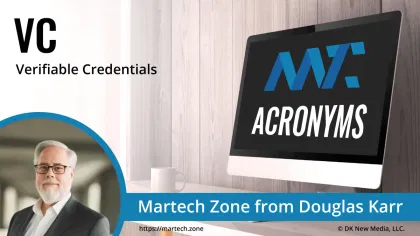
A standardized way of issuing, sharing, and verifying digital credentials that can be trusted across different systems. Instead of relying on centralized authorities or fragile paper-based records, VCs allow individuals and organizations to present digital proofs of identity, qualifications, or rights that can be cryptographically verified for authenticity.
A Verifiable Credential typically contains claims about a subject (for example, a person’s age, a university degree, or a professional certification), issued by a trusted authority. What makes VCs powerful is that these claims are tamper-evident and can be independently verified without the verifier having to contact the original issuer directly.
How Verifiable Credentials Work
At the core of VCs are three roles:
- Issuer: The authority (such as a government, school, or company) that creates and signs the credential.
- Holder: The person or entity who receives and controls the credential in their digital wallet.
- Verifier: The organization or individual that checks the validity of the credential when it is presented.
Verification is done using cryptographic proofs (often based on public/private keys), ensuring that the credential is authentic and has not been altered. This model gives users greater control over their data, allowing them to disclose only the information necessary for a given interaction selectively.
Benefits of Verifiable Credentials
- Trust: Credentials can be instantly verified without contacting the issuer, increasing efficiency and reducing fraud.
- Privacy: Holders can share only the minimum required data through selective disclosure, protecting personal information.
- Portability: VCs work across platforms, borders, and industries, making them useful in global, digital-first ecosystems.
- Decentralization: By removing reliance on central databases, VCs enable identity management that is user-controlled and more resilient.
Applications of Verifiable Credentials
- Identity verification for digital services, banking, and e-commerce.
- Educational records such as diplomas, certifications, or transcripts.
- Professional credentials like licenses, memberships, or employment history.
- Government-issued documents such as passports, driver’s licenses, or voter IDs.
- Healthcare records including vaccination proofs or medical certifications.
Relation to Other Identity Standards
Verifiable Credentials are part of a broader movement toward decentralized identity (often called self-sovereign identity). They complement standards like Decentralized Identifiers (DIDs), which provide a globally unique and verifiable way to reference identities. Together, VCs and DIDs form the backbone of a trusted, privacy-preserving digital identity ecosystem.
Additional Acronyms for VC
- VC - Venture Capital